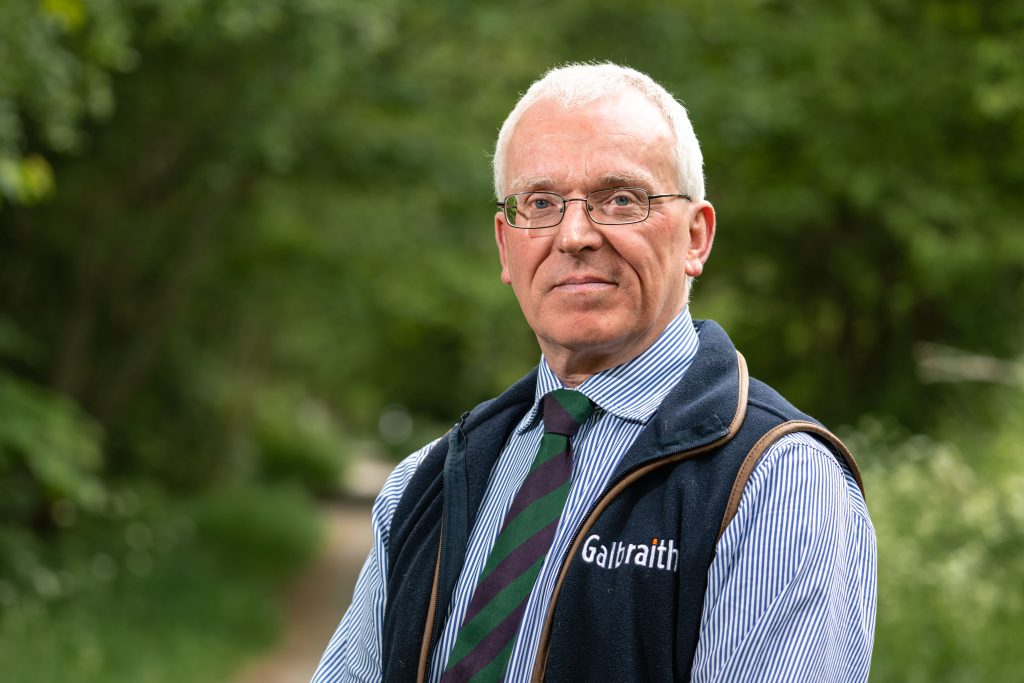A challenge to a telecommunications infrastructure provider’s proposal to renew a lease at a much reduced rent under the Electronic Communications Code has resulted in a key ruling by the Scottish Lands Tribunal which will have ramifications across the industry.
In order to renew a lease under the Code, an operator must be a party to a Code agreement with the other party. In the case of On Tower UK Limited (“OTUK”) v the Church of Scotland General Trustees, the tenant of the radio mast installation in Kay Park Parish Church in Kilmarnock was Orange Personal Communications Services Limited (“Orange”). The lease was later assigned by Orange to EE Limited and Hutchison 3G UK Limited (“EE & H3G”) whose equipment is understood to be on site. The lease was then assigned to Arqiva Limited, then to OTUK (at the time called Arqiva Services Limited). The lease placed certain restrictions on any assignation and the landlord was not told of the assignation.
OTUK served notice to renew the lease on its standard terms at a rent of £3,000, considerably lower than the contracted amount. The Scottish Lands Tribunal found OTUK was not a party to a Code agreement when it served the paragraph 33(1) notice to change the agreement, meaning the notice was invalid; thus the ensuing application was similarly invalid.
It is understood some 700 agreements were assigned from operators to Arqiva around 2015. In 2019 the Arqiva group sold its telecoms infrastructure and related assets at an enterprise value of £2 billion to Cellnex, which later became OTUK. The transaction comprised some 7,400 of Arqiva’s cellular sites, including masts and towers as well as urban rooftop sites, and the right to market a further 900 sites across the UK retained by Arqiva. The sites retained by Arqiva incorporated its broadcast infrastructure and its interests in machine-to-machine data services, which provide smart meter networks for the utilities sector.

Ian Thornton-Kemsley, a telecoms expert at Galbraith, said: “Over the years operators have transferred sites between themselves apparently without properly considering the lease requirements; the case illustrates this. Despite the wording of the Code, operators are not prepared to justify the changes sought to the existing lease; and they readily apply to the Tribunals to impose agreements if landowners do not agree to their terms, which are often heavily weighted in their favour. This appears to have been the case at Kay Park.
“It is important to check that the renewal notices are valid and to adhere to the requirements of the Code. By successfully challenging the basis of the notice, the landowner has protected its income for the time being – important to a charity such as the Church.”
Mike Reid, Head of Utilities and a telecoms specialist at Galbraith, added: “Operators tend to weaponise their rights under the Code, using the threat of costs in legal proceedings to obtain settlements in their favour. The Kay Park decision, together with the Vache Farm case, is a welcome redressing of the balance, ensuring landowner’s rights are properly protected.”
The Kay Park Scottish Lands Tribunal decision can be found at – http://www.lands-tribunal-scotland.org.uk/decisions/LTS.ECC.2023.57.html
The Vache Farm case can be found at be found at – LC-2020-55 final_.pdf (tribunals.gov.uk).
Building, Design & Construction Magazine | The Choice of Industry Professionals





